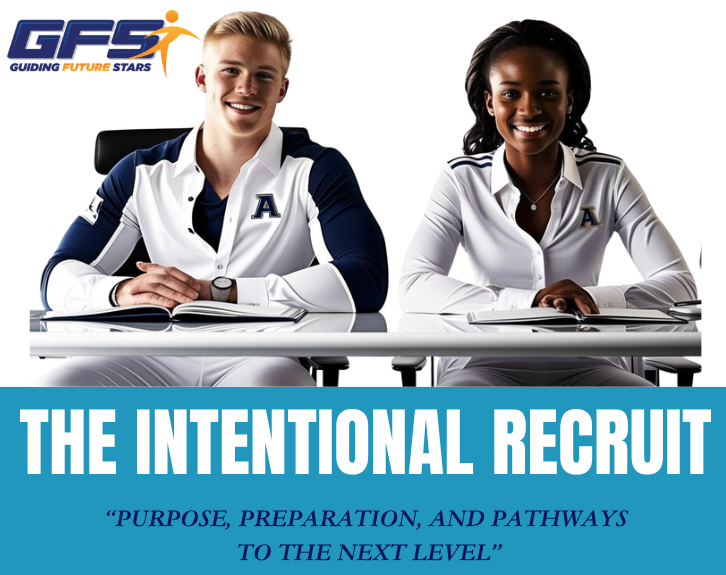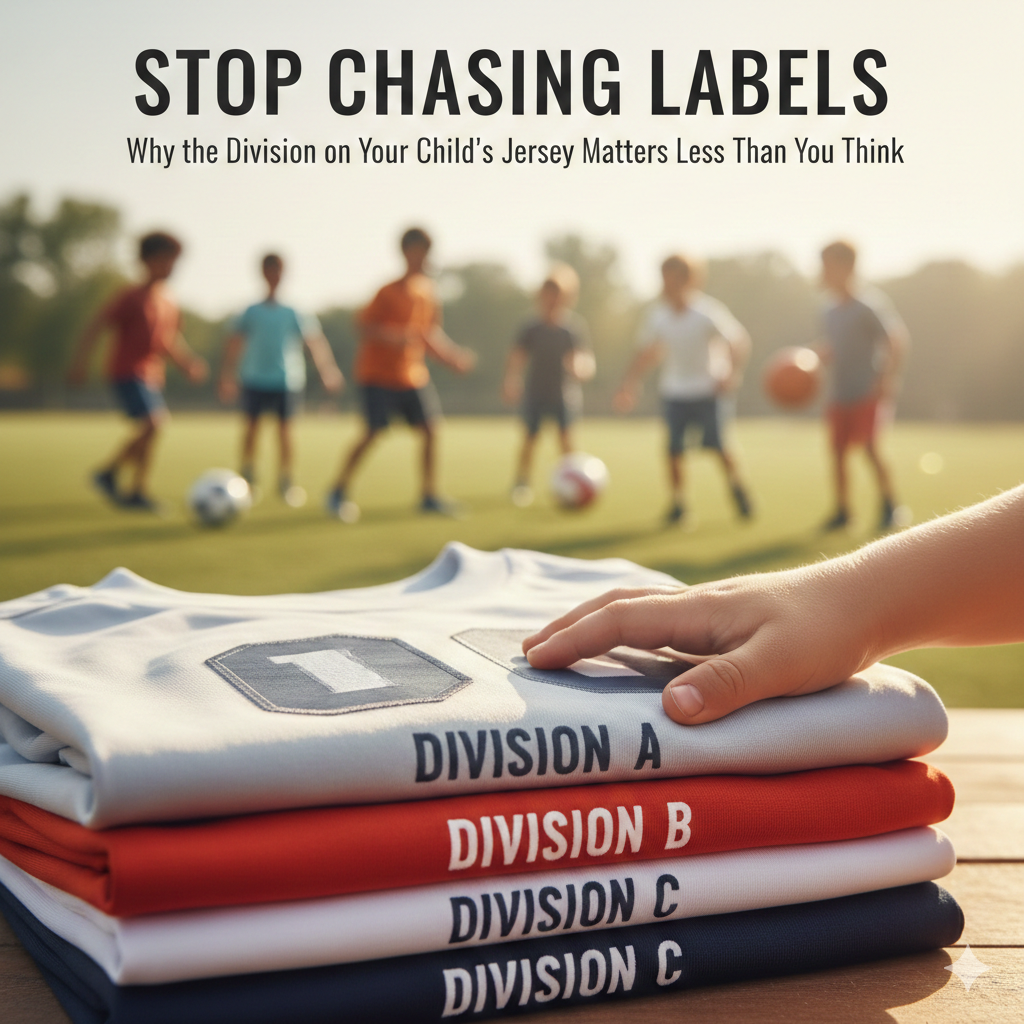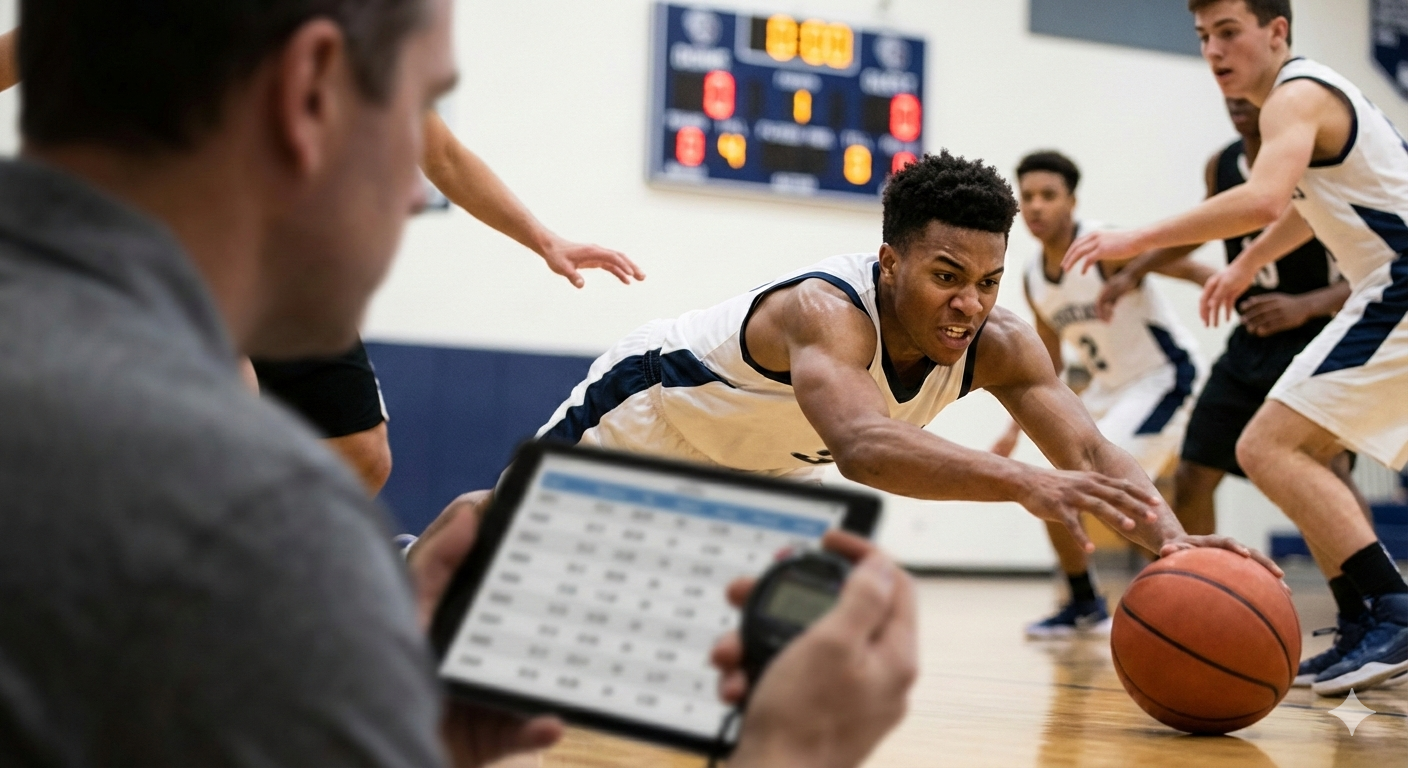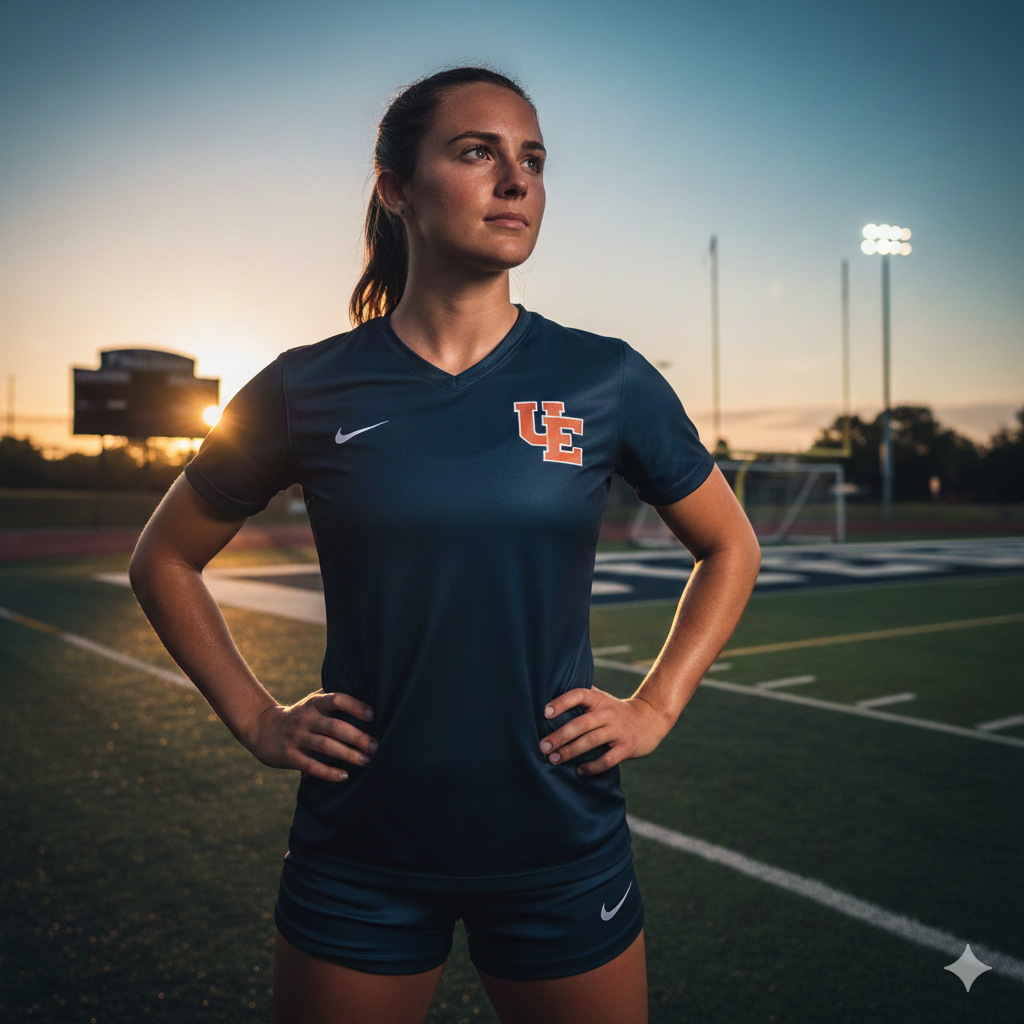College Recruiting Education Hub
Empowering every stakeholder to navigate the recruiting process
with confidence.
Guiding Future Stars (GFS) empowers student-athletes, parents, coaches, and schools with the knowledge and tools to navigate college recruiting with confidence.”
EDUCATE
Discover how the College Recruiting process really works - across all levels and sports. Learn the rules, timelines, and what college coaches value most so you can make informed, confident decisions.
EMPOWER
Own your college recruiting journey with confidence. The Smart Recruit Framework equips you with the knowledge, tools, and strategies to take initiative, connect with coaches, and showcase your best self.
ENGAGE
Transform knowledge into action with clear, step-by-step guidance. Each tool includes specific action items and examples to help you implement strategies immediately and consistently.
INSPIRE
Stay motivated throughout the ups and downs of the recruiting process. Our approach helps you connect your daily actions to your bigger purpose, keeping your dream alive even during challenging times.
Empowering student-athletes to take ownership of their college recruiting journey through education, guidance, and self-discovery.
Equipping clubs and coaches with resources, workshops, and tools to better educate and prepare their players for the college pathway.
High Schools
Partnering with schools to deliver college recruiting education that supports students, parents, counselors, and athletic departments.
Contact Us
What Student-Athletes are saying
“I’ve learned so much in the four week mini course. The biggest takeaway has been the motivation to explore colleges I aspire to attend and build a marketing portfolio to catch coaches’ attention. Most importantly, my mission statement keeps me focused on my goals every day.”
Braeden, 2023
This mini course has taught me more in four weeks than I could have learned in a year on my own. I now understand the recruiting process, what it takes to be recruited, and how to market myself to colleges. It’s motivated me to take ownership of the process and given me confidence in my ability to reach my dream school.”
Quinn, 2023
Before I started this class, I really didn't know too much about the college recruiting process. But after going through the road map I know everything I need to do and how to do it to find the right fit. There is so much more to the process than i could have ever imagined but the course helped me simplify it and allowed me to create a plan.
Catherine, 2022
“Working through the Independent Study gave me direction and confidence. I know what I’m looking for in a college, and I’ve built a great foundation for my future.”
Lexi, 2025
Community Connections
We believe in building strong relationships that create lasting impact. Our community connections include partnerships with high schools, youth sports organizations, and a wide range of events, camps, and clinics. Whether through educational workshops, athletic development programs, or collaborative initiatives, we've had the privilege of supporting and working alongside organizations committed to helping young people grow on and off the field.


























